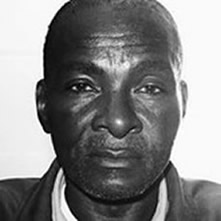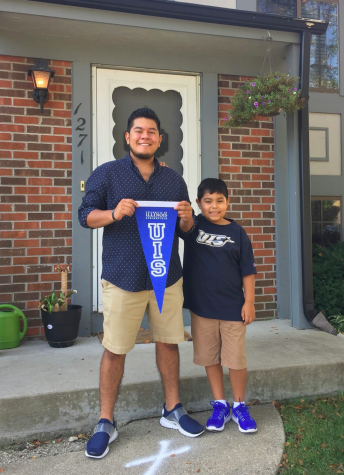Illinois Innocence Project Achieves First Posthumous Exoneration in Illinois History

On January 14, 2019, the now-former governor Bruce Rauner granted posthumous executive clemency to Grover Thompson following a petition by the Illinois Innocence Project (IIP) at University Illinois at Springfield. Thompson was convicted and sentenced to 40 years in prison in 1981 and died 15 years later in 1996, over two decades. In 2011, students from the Southern Illinois University School of Law were working with the IIP. They became aware of Thompson’s case after learning of a book written by Paul Echols, a retired Carbondale police lieutenant, about the serial killer and rapist Tim Krajcir. Krajcir confessed to Echols that he had committed the assault Thompson had been convicted of. After some consideration, the IIP took up the case. Under normal circumstances, the IIP would submit the new evidence gathered by Echols to the court in a post-trial motion. Unfortunately, due to Thompson’s passing, this route was unavailable, thus the IIP and Thompson’s nephew, S.T. Jamison, filed a petition for executive clemency with the Illinois Prisoner Review Board. The board then reviewed the case and made a confidential recommendation to the governor for his consideration. The case was caught in a bureaucratic backlog under then-governor Pat Quinn, but was eventually denied in 2015 by Rauner. Following Rauner’s loss to current governor J.B. Pritzker in 2018, the IIP made a second attempt, this one successful.
Thompson was travelling by bus when he stopped to rest at a post office in Mount Vernon, Illinois on September 7, 1981. That evening, an elderly woman was attacked in her home with a knife, her assailant fled the scene after a neighbor heard her screams and rushed. According to this neighbor, the assailant fled through the bathroom window and appeared to be an African-American man. Police soon located Thompson in the post office and took him into custody.
The neighbor identified Thompson as the assailant after 15 minutes of examining him, despite Thompson’s clothing not matching that of the assailant’s and Thompson having a disability that would have made it difficult, if not impossible, to climb through the bathroom window. A pocket knife was found on Thompson’s person with a small amount of blood on it, but the amount was insufficient for forensic analysis.
“In a sense, it was kind of a bittersweet victory for us, said Larry Golden, founding director at the IIP. We’re much more accustomed to having an individual who is standing with us…and we didn’t do that in this case.” All of these cases are about more than the individuals, they’re about process, they’re about treating people fairly, they’re about treating people fairly, they’re about bringing justice. “There’s nothing different about this than any other case other than the act that the individual died.”
When asked whether or not the IIP would likely take on more posthumous cases, Golden said, “if the evidence is as clear in any case as it was in this case, the answer is likely to be yes. The only thing that holds us back on finally making that decision are resources, we have very limited resources and a huge caseload.” Golden went on to discuss the volume of requests the IIP receives per year, approximately four hundred, and the difficulties the IIP faces in maintaining its funding due to the loss of federal grants and expanding costs in the coming year.

















